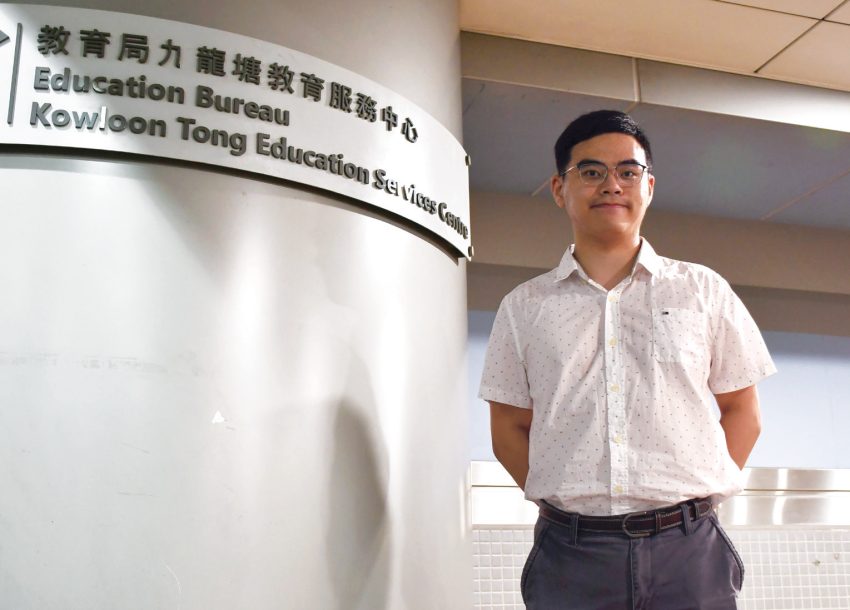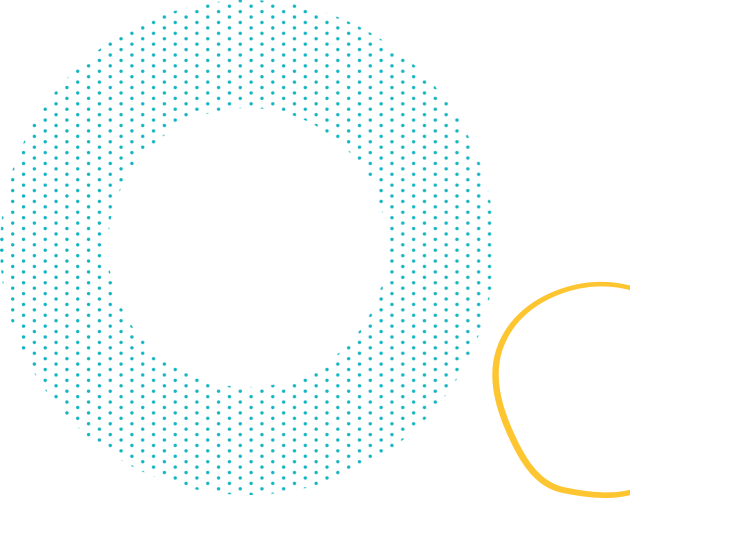
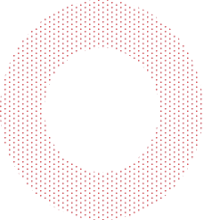
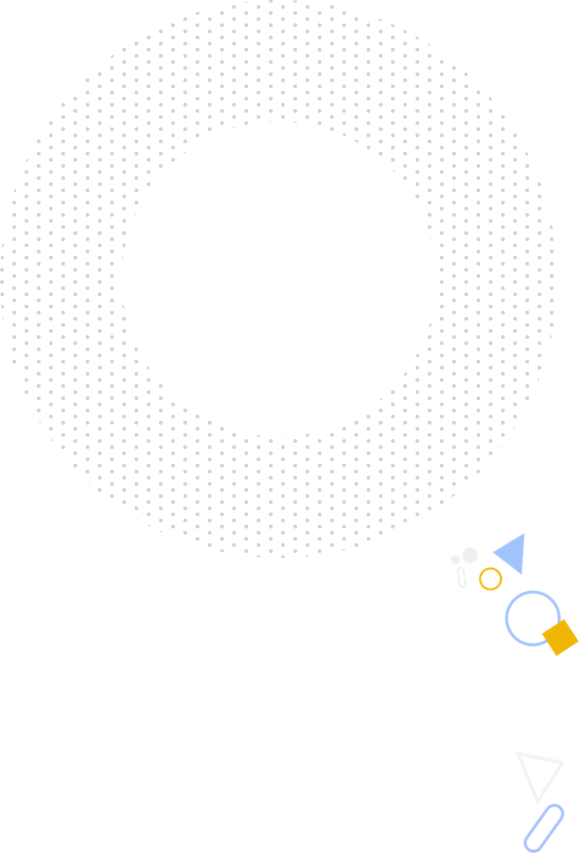

Read our students' stories that start from the CUHK and go further beyond.
“Coming from different ages and backgrounds, everyone was connected by the emblems of CUHK and Chung Chi College."
「大家來自不同背景、不同年代,於中大與祟基校徽下連繫起來。」
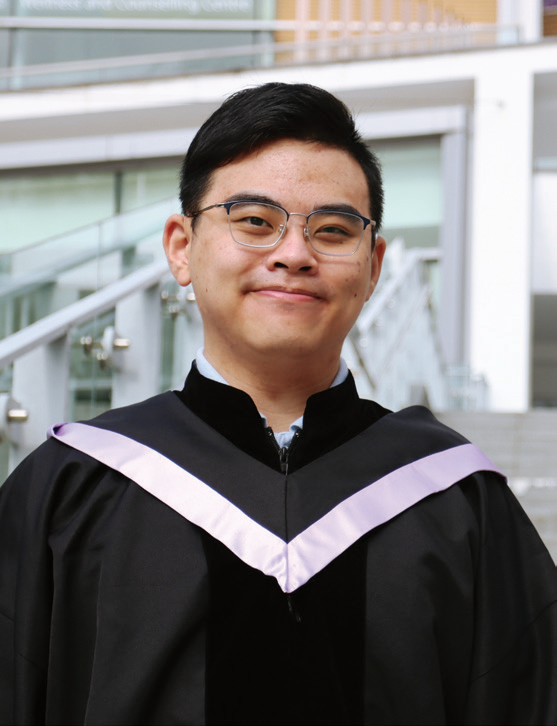
Programme: We are CUHKers II 我們都是中大人 II
People who contribute to society usually connect their knowledge, experience and imagination to what they observe and then come up with solutions that benefit others. Like Sarah Mui, who uses her expertise in architecture to connect individuals and communities, Win Chan integrates his personal experience into what society needs in order to change other people’s lives for the better.
Win was born with congenital cataract in his left eye, and he also has severe to profound hearing loss in both ears. Because of these conditions, he struggled to catch up with the speed of lectures and sometimes missed the important points when he was a student at CUHK. Understanding Win’s predicament, the Special Education Needs (SEN) Service Team of the Office of Student Affairs arranged for some of his fellow classmates to be note-takers to help him keep track of key points in lectures. They were his saviours, according to Win. He quips that the densely packed notes were so comprehensive that “no stone was left unturned”, and they were a big help to his studies.
As a student with special educational needs (SEN), Win knows exactly what kind of support students with SEN require. That makes him a perfect staff member of the Education Bureau’s Special Education Support Section. He believes that professional training for teachers to equip them with the skills to support students with SEN is one key to promoting integrated education. Through designing curricula, he has come to understand the importance of teachers’ role as a coordinator: they do not only support students, but also need to consider the needs and feelings of their parents and caregivers and improve coordination between professionals, such as physiotherapists and occupational therapists.
To be a competent policymaker, one needs strong observation skills and a good understanding of what local communities need. When he interned at a social enterprise during his university years, Win came to realise that many working single mothers had little time for their children and therefore had strained relationships with them. The problem was especially prevalent in Kwai Chung, one of the districts in Hong Kong with the most single parents. Win wanted to do something to help them. Win and his colleagues made use of a specially designed venue, where all units were divided into two parts by sheer glass, to set up an activity for the mother and child to reconcile -- mother and child were placed in different sides of the unit to do their own work, and yet they could see through the glass and know what was going on in the other side. Interestingly, participants found themselves still enjoy each other’s company and understand each other better through the glass. Through the internship, Win learnt that the key to bringing positive changes to others is to stay connected with local communities, have a good understanding of the real issues and come up with practical solutions. With his connection to social service, Win became determined to help local communities as a public servant.
Win was not a cheerful person in his younger years, but he changed for the more positive because of CUHK - the attention and care he was showered upon over the years have made him the optimistic and giving person today. To him, the most memorable moments of his university life are when he helped organise Chung Chi College’s “Thousand People Feast”. A three-time organiser of the annual event, Win still remembers vividly how Lingnan Stadium was fully packed with students, staff members and alumni, all enjoying a delightful dinner together. Coming from different ages and backgrounds, everyone was connected by the emblems of CUHK and Chung Chi College. This bond forms the backbone of Win’s story at CUHK, giving him hope and motivation in his future endeavours.
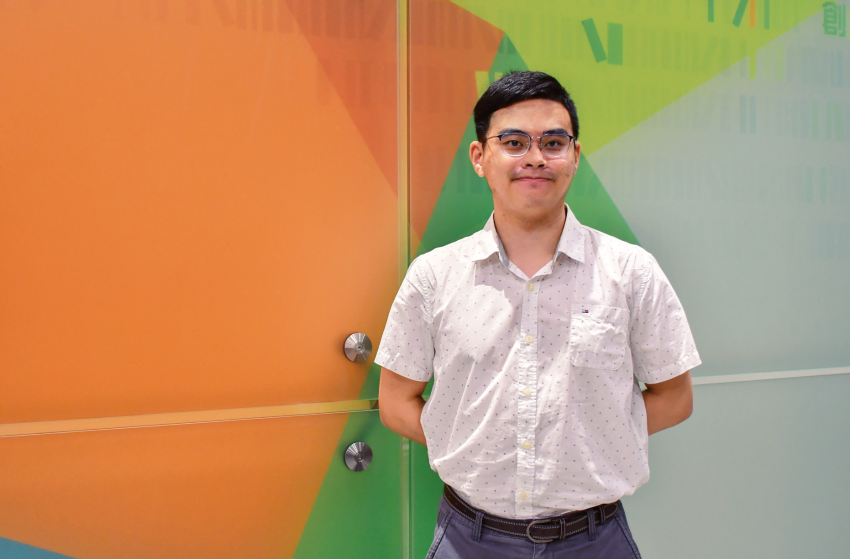
每個貢獻社會的人都是透過自身的識見與經歷,連繫到眼前景象,再想出一道道造福大眾的妙計良方。梅詩華藉着其專業致力為人建構蔭蔽,連繫眾人生活,志在維繫社群的連結;陳永昌透過其個人經歷,同樣連繫到社會的需要,目的就是為別人締造更美好的生活。
陳永昌的左眼有先天性白內障,雙耳亦有嚴重至深度程度的聽力障礙。在中大唸書的日子,他有時候未必追得上講師的語速,或會錯失重點。不過,學生事務處特殊學習需要組為他招募同班同學擔任筆錄員成了他的救命草,他笑指「仔細到無法更仔細」的筆記對其學業有很大幫助。正因為自己比別人更切身明白,怎樣的支援對有特殊教育需要的學生才算到位,陳永昌把這些經歷帶到教育局特殊教育支援組的工作上。他認為,為教師提供專業發展的課程與訓練,使他們有效幫助有特殊教育需要的學生,是推動融合教育的重要一環。在編排課程內容時,他發現值得留意的是如何令教師有能力扮演協調者的角色,在支援學生的同時亦要顧及家長和照顧者的需要和感受,以及加強物理治療師和職業治療師等專業人士之間的協作。
要成為政策制定者,當中不可或缺的條件是敏銳的觸覺,以及過人的洞察力以發掘社區需要。陳永昌唸大學時曾在一所社企實習,發現不少單親母親礙於工作,跟子女的相處時間非常有限,因缺乏溝通而影響雙方和睦共處。而葵涌區是香港的單親家庭主要集中居住地之一,剛巧區內有一個工廠大廈單位以玻璃「一分為二」,陳永昌和同事便構思了一次特別的「親子約會」:一眾母親及其子女分別在單位左右兩格活動,讓雙方好好觀察似遠還近的對方,從而加深彼此的了解。參與各項實習後,陳永昌開始明白到要為別人帶來更好的生活,就必須貼地洞悉社區問題,再提出針對性的行動,而這一切都使他連繫至日後決心服務社會的「公僕夢」。
回想起小時候,陳永昌認為自己有點晦暗,但因在中大得到許多關心與疼愛,使他變得陽光,有能力承擔責任為人服務。曾連續三屆籌辦崇基學院院慶「千人宴」的他,最懷念每次嶺南場上坐滿學生、教職員和歷屆校友共晉晚宴的場面。大家來自不同背景、不同年代,於中大與祟基校徽下連繫起來,這正是給予陳永昌無比動力與美好回憶的中大故事。
